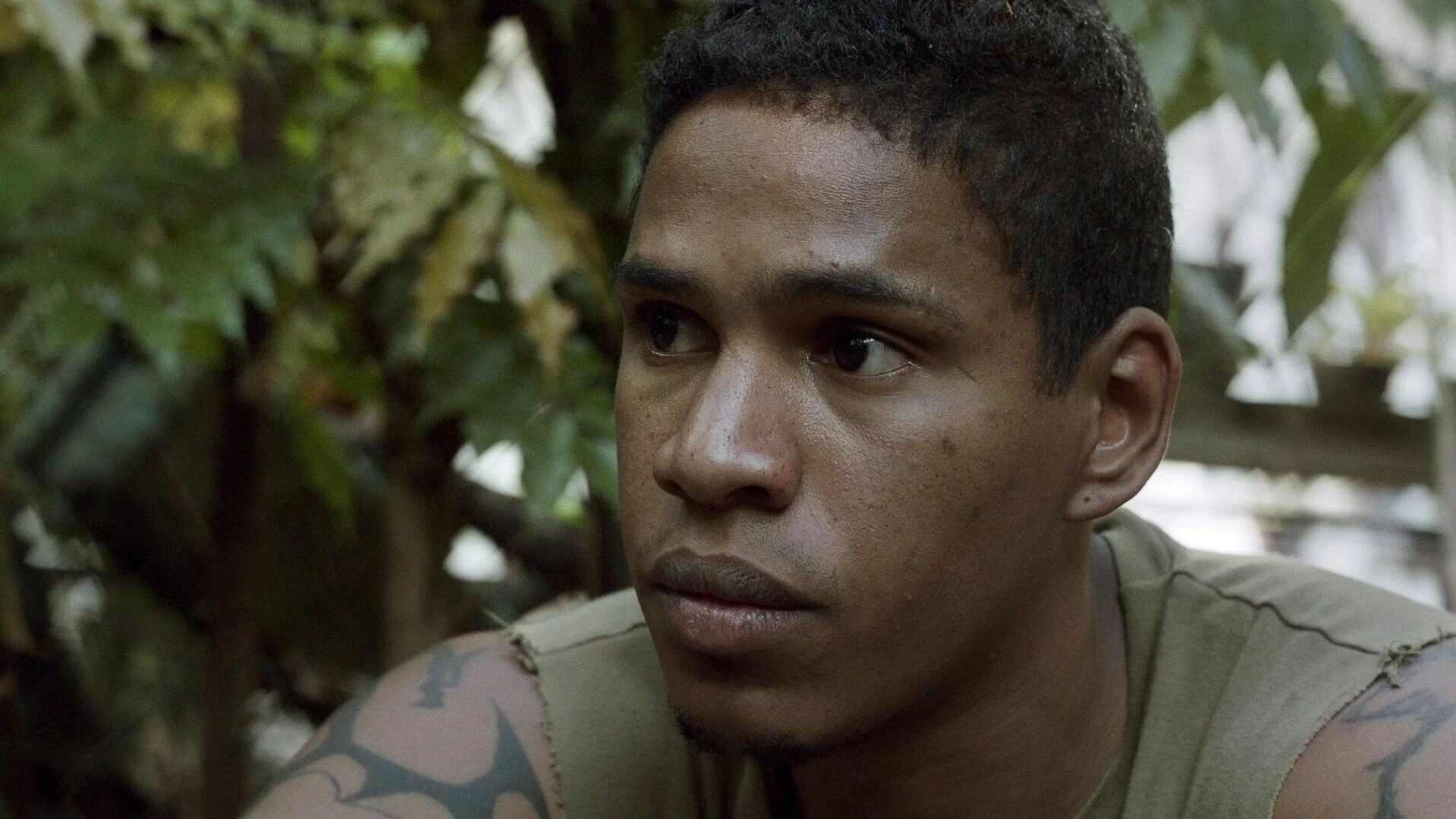La Soledad
The reality of life in Venezuela today stunningly captured.
The news reports that keep reaching us from Venezuela not only render this film topical - it is set in Caracas - but confirm the bravery of its writer/director Jorge Thielen Armand in presenting a portrait of life in Venezuela that underlines the hardships of its poorer inhabitants. The circumstances of its making might have led to La Soledad being overpraised, but in point of fact it is a distinguished work by any standards. It introduces us to a family occupying a house, now dilapidated, where the oldest inhabitant is Rosina (Maria del Carmen Agamez Palomino) who had been a maid to the original owners now deceased. The property has passed to one of their descendants (Elizabeth Quintanales) who now plans to sell the old place. That's clearly going to be a severe problem for the elderly and ill Rosina and for her son 'El Negro', his partner Marley and their young daughter Adri who live with her. Indeed, at this time El Negro's brother, Toto, is also staying in the house but not on a permanent basis.
The film's title is the name of the house and, although La Soledad is filmed just as it would be if actors were playing out a fiction, most of the central roles are credited as being played by the people themselves (unusual as this is, 2012's An Episode in the Life of an Iron Picker reminds us that it is not unique). In this case what is being depicted in this way is less a story than a situation for, regardless of the impending new threat of being made homeless, the family are already seen struggling to survive. The severity of the struggle reflects on Venezuelan society today and is nowhere more apparent than in the desperate attempts of El Negro to find medication to treat Rosina's high blood pressure. However, the film is not without moments of ironic humour: there's an example of that when El Negro acquires a metal detector and quite seriously goes in quest of a possible treasure rumoured to be hidden somewhere in the property only to find something quite unexpected.
For those who can adjust to an often slow-paced film, this is a gripping work, but it would exert that grip even more quickly had the opening scene made the identity of the people clearer (an opening evocation of the past with a voice over doesn't link up as readily as it should with Jorge, a member of the owning family who knows El Negro and sometimes works with him; the fact that El Negro refers to his mother as Grandma is not helpful when you are trying to work out the relationships of those on screen). But, once it settles, the film vividly brings its setting to life with great location footage in colour. The welcome absence of any music score adds to the sense of absolute authenticity. That's especially the case when it comes to the decaying old house so potently evoked that it almost becomes a character in its own right. And there's a memorable image of a man in the sea as the film draws to a close: it's an image that is all the more telling because it can be interpreted differently according to the way in which the individual viewer sees it.
MANSEL STIMPSON
Cast: José Dolores López, Marley Alvillares, Adrializ López, Fabian 'Tito' López, Jorge Thielen Hedderich, Maria del Carmen Agamez Palomino, José Mateo López, Ángel Enrique Pájaro, Yofrangel Fonseca, Elizabeth Quintanales, Rocina López Vargas.
Dir Jorge Thielen Armand, Pro Adriana Herrera, Rodrigo Michelangeli and Jorge Thielen Armand, Screenplay Jorge Thielen Armand and Rodrigo Michelangeli, Ph Rodrigo Michelangeli, Pro Des María Gabriela Vilchez, Ed Felipe Guerrero, Costumes Marisela Marín.
La Biennale di Venezia/La Faena Films & Alfarería Cinematográfica/Ardimages UK-ICA Films.
89 mins. Canada/Venezuela/UK/Italy/Republic of Korea. 2016. Rel: 18 August 2017. No Cert.


